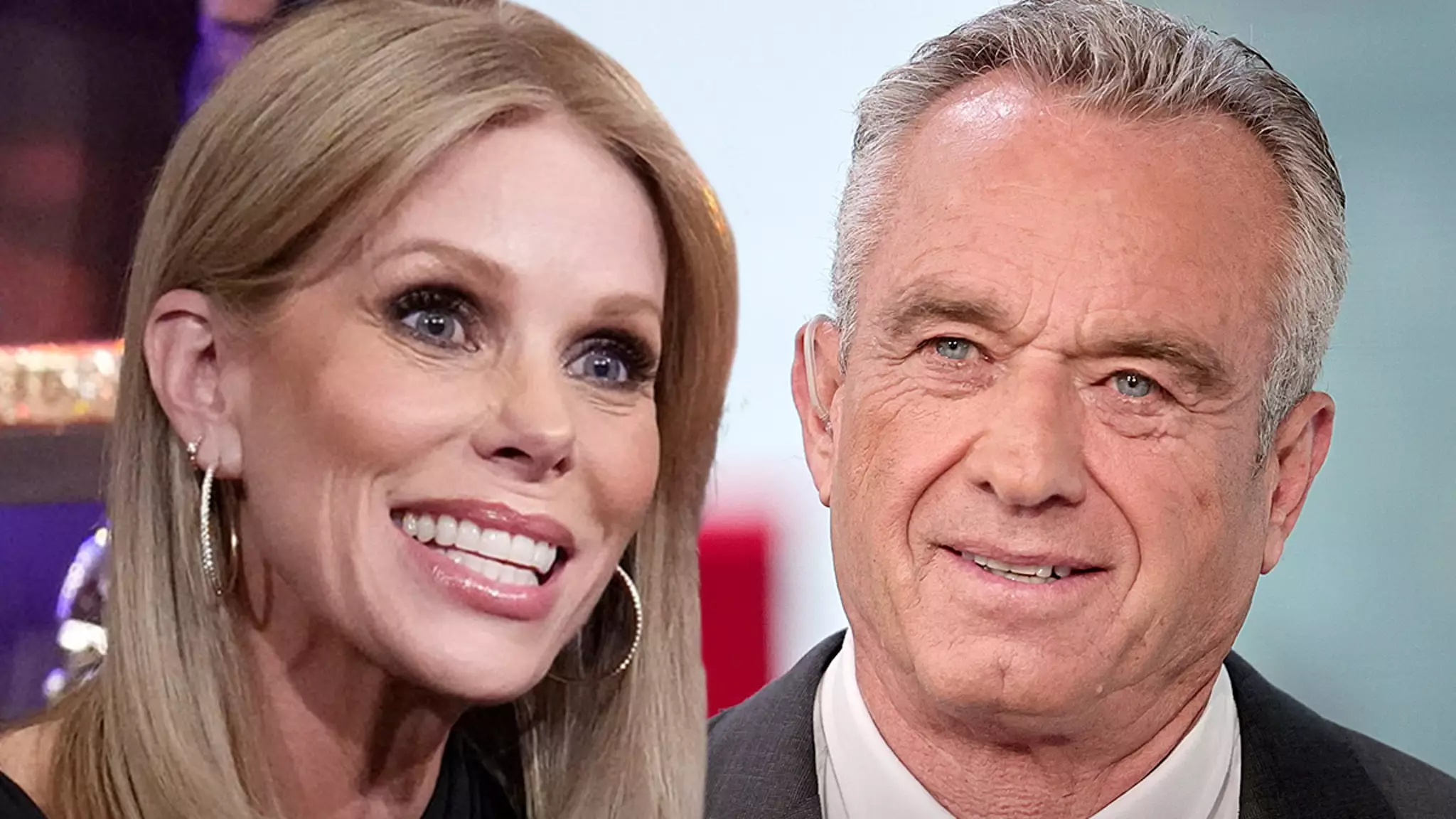Cheryl Hines, a prominent actress and a known advocate for Democratic ideals, has made headlines recently due to her unexpected public support for her husband, Robert F. Kennedy Jr., amidst the political chaos surrounding Donald Trump. Their relationship, once perceived as precarious due to contrasting political alignments, has transformed into a public display of unity. The couple strode into Trump’s recent Mar-a-Lago event, showcasing a newfound solidarity that surprises many who remember Hines’s earlier apprehensions about her husband’s associations.
From Doubt to Support: The Evolution of Their Relationship
Just nine months prior, Hines suggested in an appearance on “TMZ Live” that the couple’s marriage could face serious challenges if RFK Jr. aligned too closely with Trump. This hesitance seemed justified, considering Hines’s lifelong Democratic advocacy. However, the recent images of her beaming alongside her husband at the Mar-a-Lago gala indicate a significant shift in her position. Observers of political dynamics are keenly aware of how rapidly personal allegiances can adapt under political pressure, and Hines appears to embody this adaptability.
RFK Jr. has transitioned from a tumultuous presidential campaign to embracing a role as a strong ally of Trump, accepted into the fold as the prospective Secretary of Health and Human Services. This only seems to enhance the bond in their marriage, juxtaposed against earlier doubts about their political compatibility.
The Underlying Dynamics of Political Relationships
Hines’s public embrace of her husband’s new political path speaks volumes about the complexities inherent in political relationships. Many couples grapple with ideological differences, but the Hines-Kennedy relationship highlights how external pressures, such as political opportunities, can pivot personal loyalties. The implications of RFK Jr.’s new role are multifaceted. This cabinet position promises prestige, but it also requires significant compromise and alignment with political ideologies that Hines has historically opposed.
Despite speculation that their relationship could falter, especially following rumors of infidelity when RFK Jr. allegedly sexted a reporter, Hines has demonstrated unwavering support. Such actions are a testament to the enduring nature of their commitment, suggesting that personal bonds can sometimes transcend ideological divides.
The evolving narrative around Cheryl Hines and Robert F. Kennedy Jr. serves as a reflection of broader societal trends where political polarization frequently tests personal relationships. While Hines once raised concerns about their political future together, her appearance alongside RFK Jr. at Mar-a-Lago paints a revitalized picture of marital unity. The ability to reconcile differing views within the scope of a shared partnership in today’s divisive political climate may not be unique to them but exemplifies a growing trend among couples navigating the stormy seas of contemporary politics. As the couple continues to navigate their dual identities, the question remains: what does this mean for their relationship in a politically charged environment? Only time will reveal the durability of their bond amid shifting allegiances.

